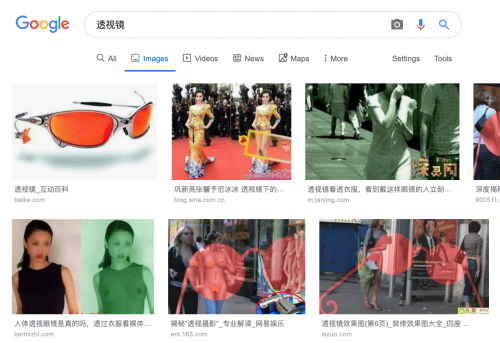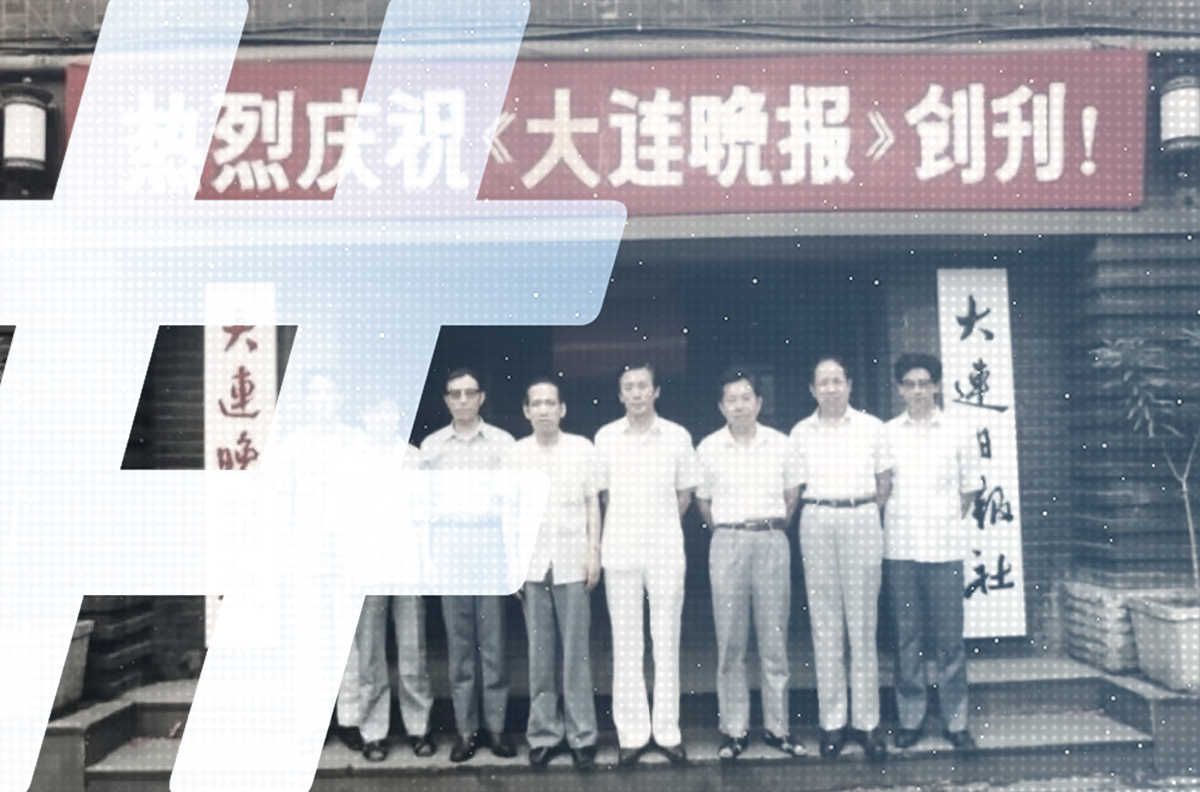China Newspeak
AI for Stability in the New Era
A neologism has been born on China’s internet. A shortened version of the phrase “intelligent governance,” or zhineng guanzhi (智能管治), the buzzword is zhizhi (智治), which we might call in English simply “AI governance” – and it encompasses many of the new approaches we have seen in China to social and political control using surveillance technology and big data. The innovator and originator of this neologism is none other than Chen Yixin (陈一新), director of the Central Political and Legal Affairs Commission of the Chinese Communist Party, which oversees law enforcement authorities nationwide.
Chen Yixin has been a prolific originator of Party slogans, not least the “New Era” language introduced by Xi Jinping. In 2018, he created the “Six Grabs,” a new set of buzzwords for the idea that authorities must be much more aggressive in six key areas to set the agenda on policing and other law enforcement matters. And on May 21 this year, Chen introduced the “Five Governances,” or wuzhi (五治), which included “politics” (政治), “rule by law” (法治), “moral governance” (德治), “self-governance” (自治) and “AI governance” (智治). “[We must] lead with strong politics, exercise protections through rule by law, govern morals, [encourage] self-governance and [employ] AI governance.”
The first four of these five governances were largely familiar hot-air concepts. “Rule by law” referred not to legal protections but the instrumentalizing of the law for Party control. “Self-governance” was not about autonomy but about enforcing political discipline, about everyone behaving and falling in line. But the fifth concept, “AI governance,” was a novel and important formulation encompassing the new powers of control being applied by the Party.
At a recent training session for local-level politics and law officials, Chen Yixin said:
We must place the process of AI governance development in an even more important position, elevating it as an important means of control – [we must] promote “AI governance” in city-level social control systems, operational mechanisms, and in the restructuring of intelligent work processes, accelerating the modernization of social governance [control] at the city level.
Chen Yixin expressed the conviction that by relying on current technology, the Party can effectively and efficiently identify risks and warning signs at the local level, applying timely responses for risk management. The work, he said, would focus on “priority districts and places” (重点区域部位), and on “critical industry sectors” (重点行业领域) – essentially a reference to the “gridded community management system” we wrote about at CMP back in December. This process would rely, said Chen, on such key infrastructure as the Sharp Eyes Project (雪亮工程), literally “Dazzling Snow,” which envisions comprehensive digital video surveillance linked to a national network.

Chen Yixin also referred to “AI governance” and big data as offering microscopes (显微镜), X-ray specs (透视镜) and telescopes (望远镜) for public security, which he said could “promote the scientificization of policies on stability at the city level.” The reference to “X-ray specs” should bring home metaphorically the extent to which the Party hopes it can make all aspects of life and business in China transparent to itself for the sake of control. A search of the Chinese term for “X-ray specs” in Google Images turns up results (at left) that can only suggest the complete nakedness of the citizen in the face of these applied technologies.
This is the new state of affairs and long-term objective in China’s push to achieve precision and efficiency in its not-so-new objective of “stability maintenance,” or weiwen (维稳), the broader policy imperative since the 1990s that encompasses policing, the surveillance of society and protest management.
These innovations, a reminder that that particular word is not always positive or progressive, have been actively developed by the Party since 2013. And now, thanks to Chen Yixin – an old comrade of Xi Jinping’s who served under him when he was secretary of Zhejiang province, and who will very likely join the politburo three years from now – we have the perfect phrase for them.




















